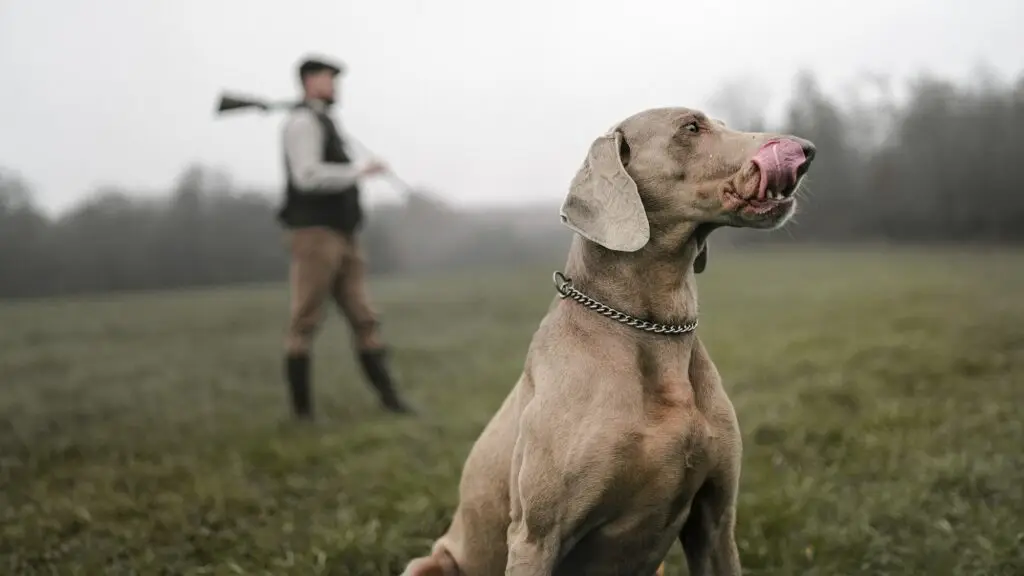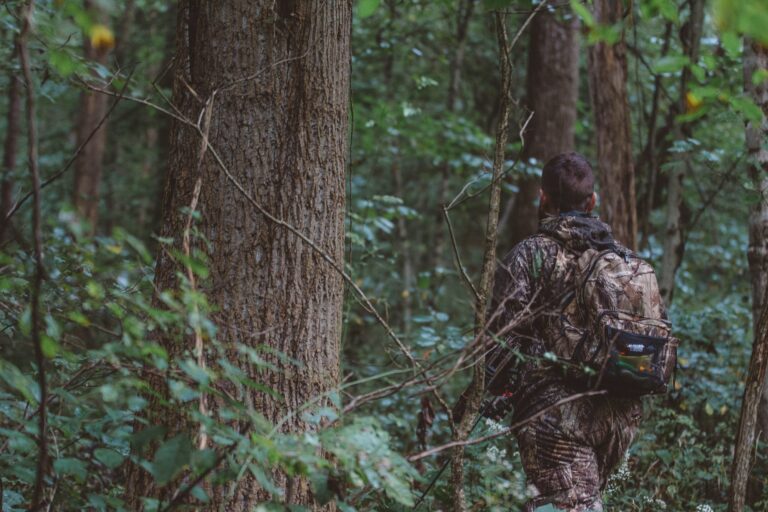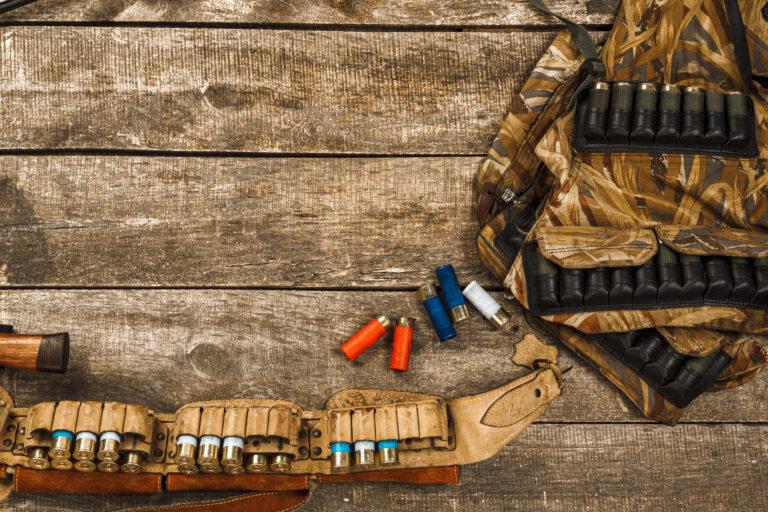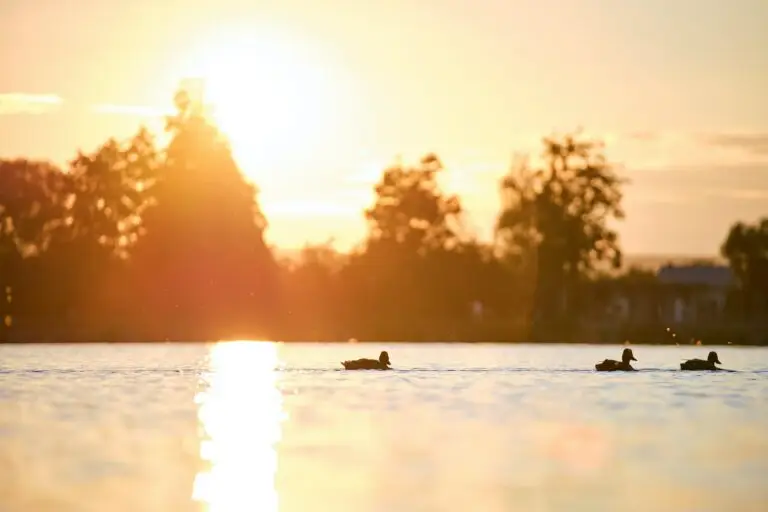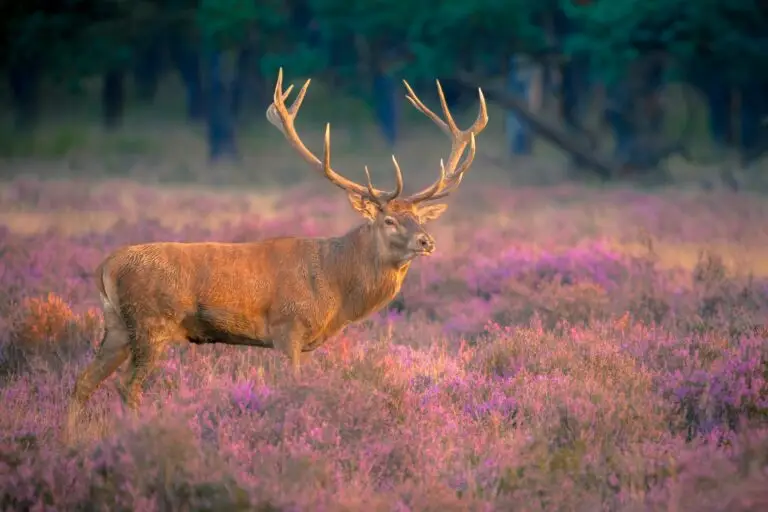What are limiting factors in hunting? There is absolutely no question that hunting is the most satisfying sport and hobby any person can have.
Few activities allow us to return to our primal roots, while helping conserve our environment AND put food on the table.
Some might even say that hunting is just too good to be true, and you know what they say about things that are too good to be true: there’s always a catch. The reality is that, although hunting is open to everyone, it does have some limitations.
This doesn’t mean you can’t hunt; it’s just good to be aware of before planning any trip. If you have all of the following subjects under control, you will be all set for a great and successful hunting trip. So let’s figure out how to overcome the great question: what are limiting factors in hunting?
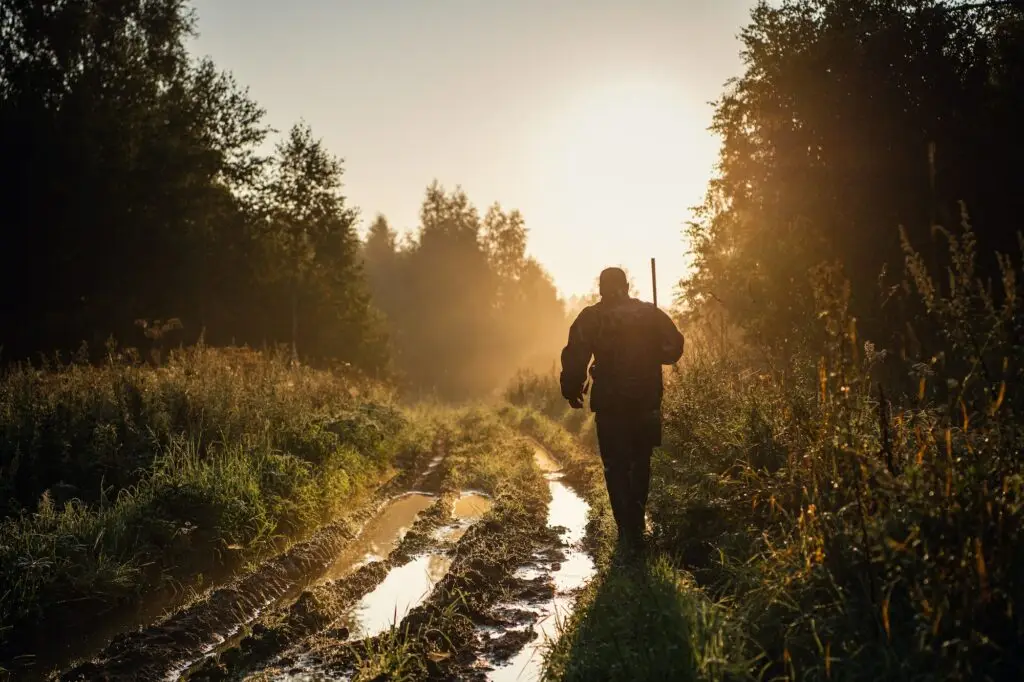
1. Availability of game
This one varies greatly depending on which state you reside in. Regardless, population density and distribution of different game is going to significantly affect the success rate of your hunting trip.
Depending on what you’re going for and how scarce game is in your hunting area, lack of game in general makes it incredibly challenging to locate and pursue prey. Make sure you’ve researched the status of factors like habitat loss, overhunting, and changes in the ecosystem where you’re at.
Most states are very strict on their bag limits which prevent overhunting, but there are a lot of different things that can also have an impact. I’ve also learned that a lot of hunting pressure in certain areas can cause animals to become way more wary and elusive, so they’re harder to get a hold of.
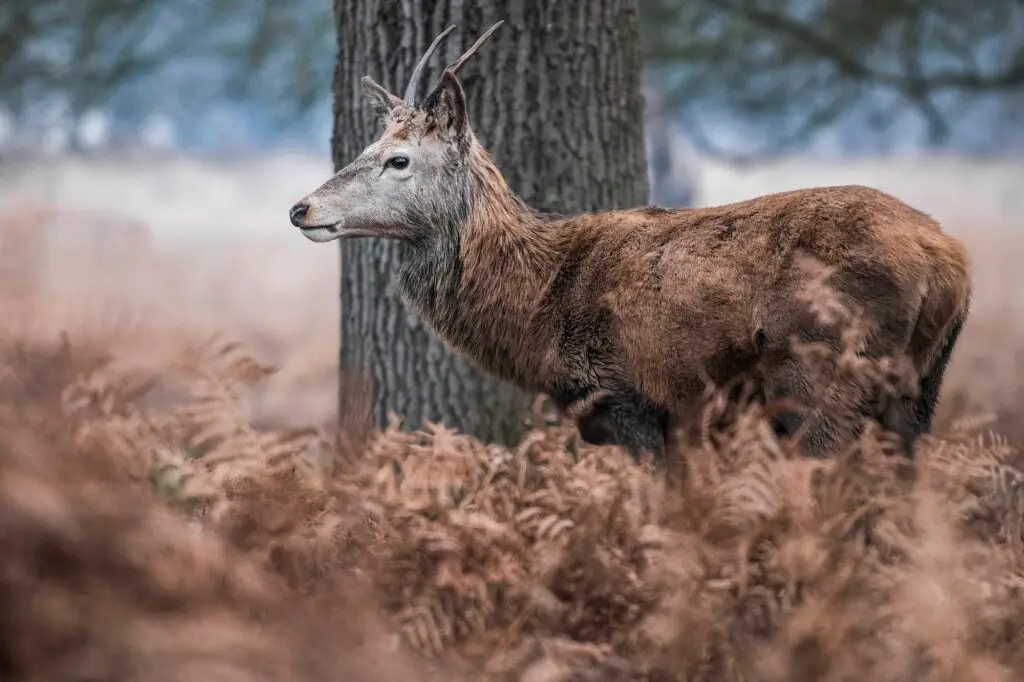
2. Seasonal restrictions
Many jurisdictions enforce hunting seasons to protect wildlife populations during sensitive times, such as breeding or migration. These restrictions limit the time window when hunting is allowed, reducing opportunities for hunters – which is why we have hunting seasons.
Hunting during specific seasons ensures that animals have a chance to reproduce and get their numbers up. It also prevents the disturbance of critical life stages, such as nesting or birthing, which helps maintain healthy wildlife populations.
Although the idea of being able to just head out any time I want to sounds nice, I value and respect our wildlife too much.
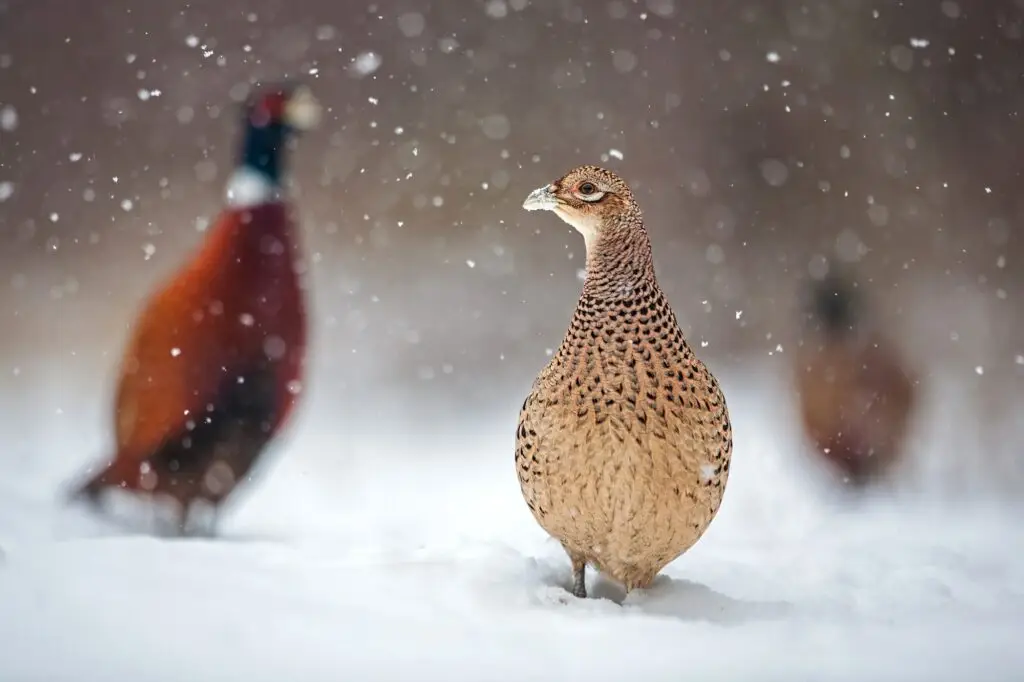
3. Legal regulations
Hunting is subject to various legal regulations, including licensing requirements, bag limits (restrictions on the number of animals that can be harvested), and specific hunting methods or equipment restrictions.
These regulations aim to manage and conserve wildlife populations and ensure sustainable hunting practices. They are designed to prevent overexploitation, protect endangered or threatened species, and promote ethical hunting practices – so that’s awesome.
Again, it just keeps you from grabbing a gun and doing whatever you want. Which is fine. I guess.
To learn about your states hunting regulations, I always recommend going directly to the government website. For example, as a Washingtonian, I would go here.

4. Access to hunting grounds
Limited access to hunting areas can also be a pretty significant constraint for a lot of hunters. Access may be restricted due to private landownership, lack of public hunting grounds, or limited permits for specific areas.
Restricted access can reduce hunting opportunities and force hunters to compete for available locations. Access to hunting grounds is often regulated to ensure responsible land management, minimize conflicts with other land uses, and protect sensitive habitats.
Depending on which state you’re in, you may or may not have more freedom than others. Here in Washington, it can be really difficult to get prime hunting time, which is why I will often travel to other states. It all comes down to research, but I do dream of one day owning 30 acres in Montana that I can have all to myself.
One day.
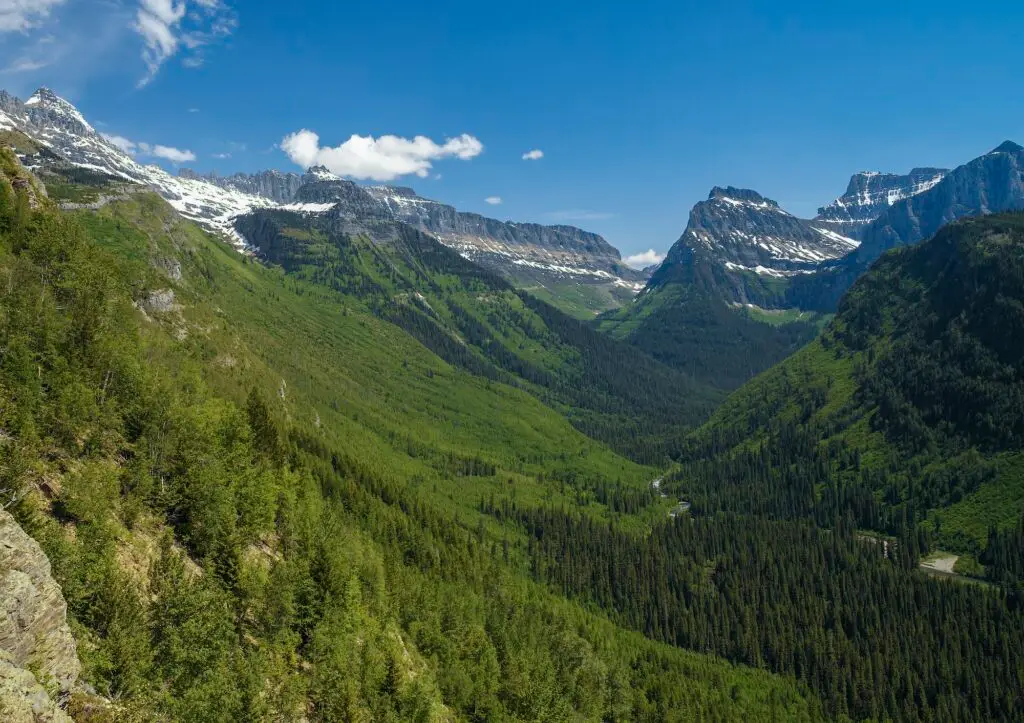
5. Skill and experience
Like most things, the more skilled, knowledgable, and experienced you are – the more successful you will be, and a larger variety of hunting activities open up. Novice hunters may face challenges in tracking, stalking, and effectively harvesting game, so a lack of experience will for sure limit hunting success.
Skills such as animal behavior understanding, marksmanship, fieldcraft, and knowledge of hunting techniques are developed over time. Learning from experienced hunters, attending training programs, and gaining practical field experience will help improve hunting proficiency significantly.
And of course, reading blogs such as the Elite Hunter with pro tips and guides to keep you knowledgeable will do wonders. Just like any other sport, hunting requires practice.
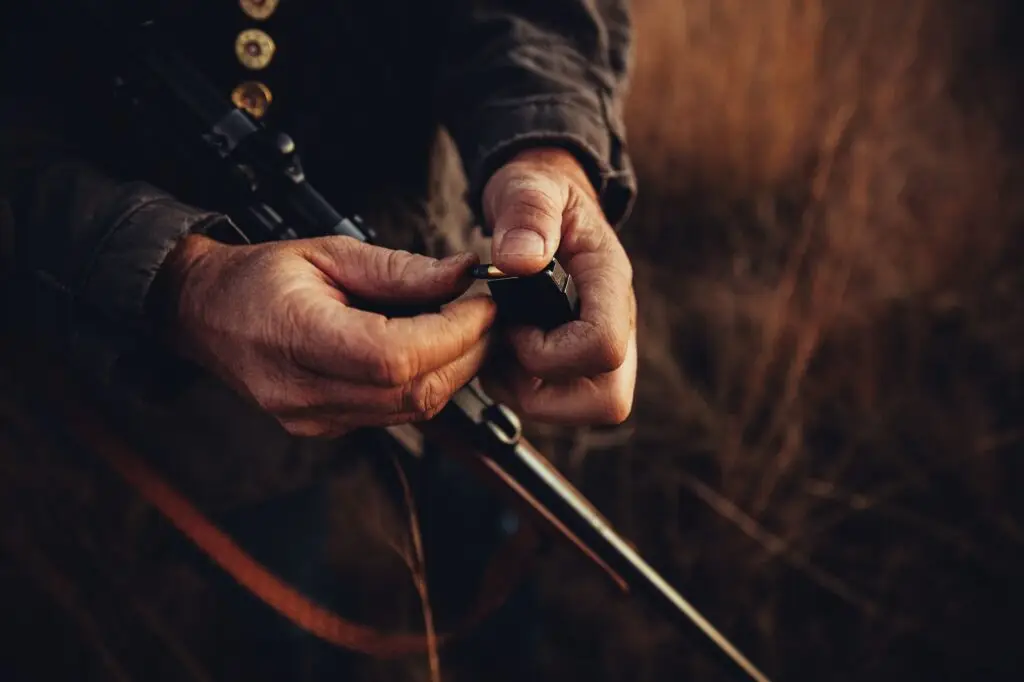
6. Equipment and resources
Having appropriate hunting equipment, such as firearms, ammunition, bows, arrows, and hunting gear, is essential. Limited access to necessary equipment or lack of financial resources can hinder hunting success and ease of entry into the sport. High-quality gear does, in my opinion, significantly enhance hunting efficiency and increase the likelihood of a good time.
Don’t stress too much about this one, though. You can still hunt with any level of equipment, and I always recommend starting with the basics and gradually upgrading as you get better and have the funds for it.
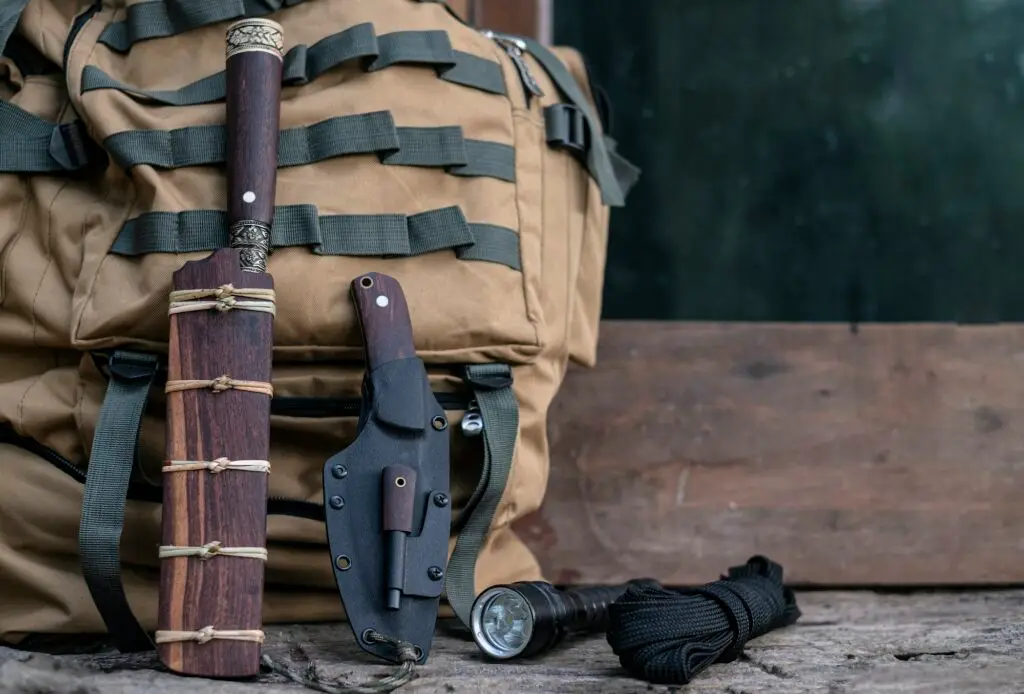
7. Physical and mental fitness
Hunting often demands physical stamina and endurance, especially for activities like hiking, climbing, and tracking. Mental focus, patience, and persistence are also important. Physical limitations or lack of mental preparedness is going to make you have a really bad time.
Maintaining physical fitness through regular exercise and training will passively improve your ability to endure long hours in the field and handle difficult terrain with all your gear. My uncle would also always say that mental preparedness is more important than anything else. need concentration discipline, and most of all patience.
Think of it like this: if you don’t like fishing because you’re too impatient, you’re going to struggle with a lot of the aspects of hunting.
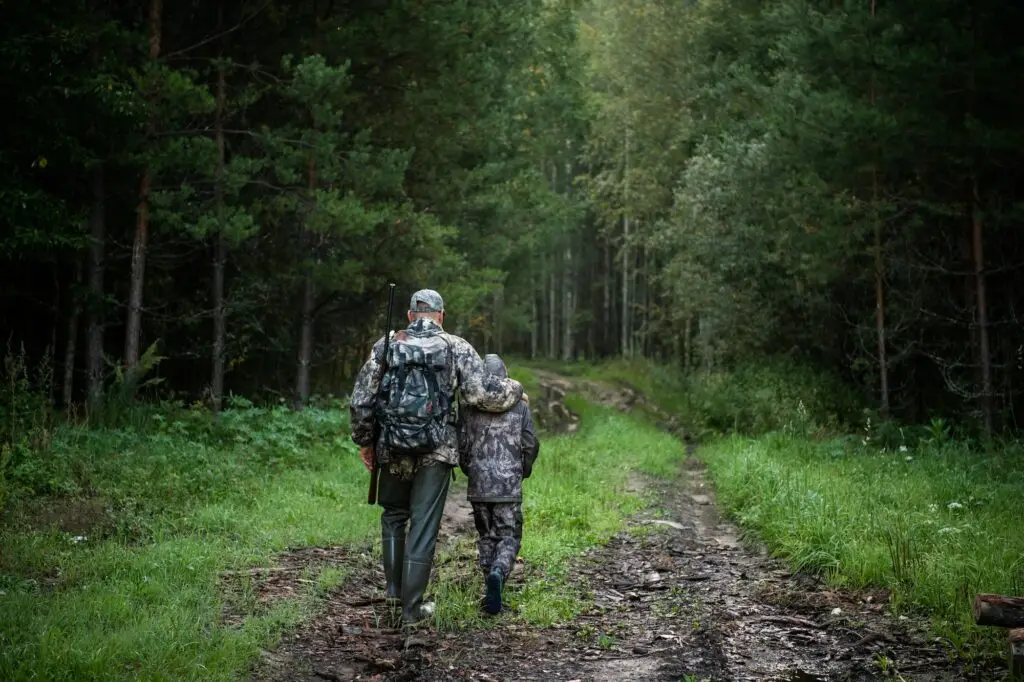
8. Environmental conditions
Factors such as weather, terrain, and vegetation cover can impact hunting success. Extreme weather conditions, dense foliage, or difficult terrain can make it harder to spot game or approach them undetected.
Learning how to adapt different hunting strategies to specific environmental conditions and then understanding how animals respond to different weather patterns is going to give you a huge advantage.
Now in my family, unless there is an actual danger (such as high winds when boat hunting), we will embrace the elements and hunt regardless. One of my favorite hunting experiences was going after some grouse with my pawed buddy while it was absolutely pouring out.
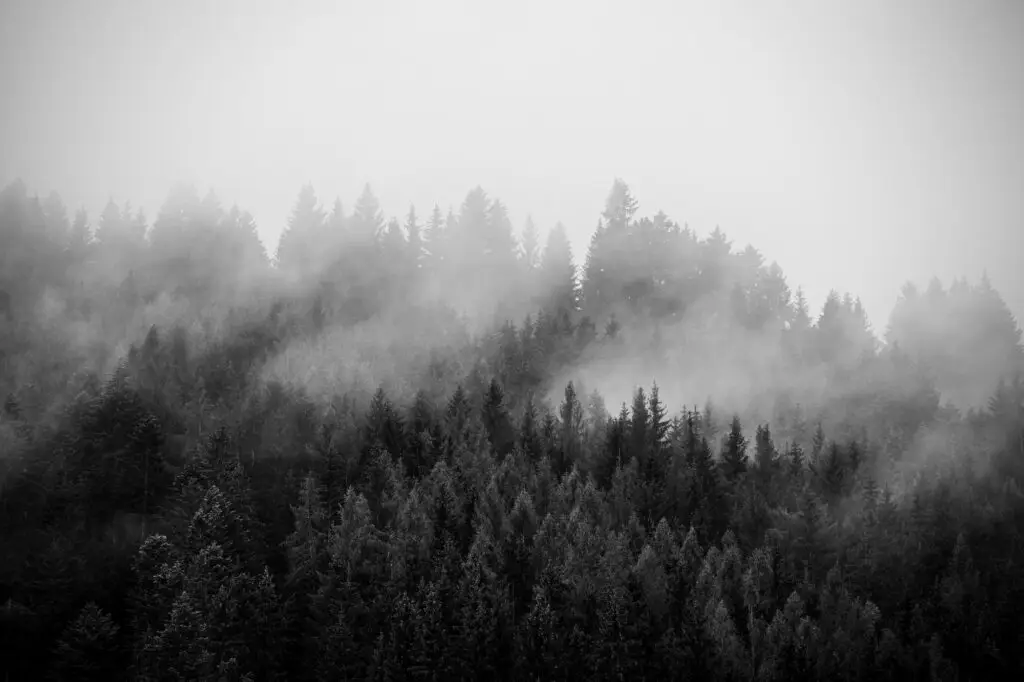
9. Wildlife behavior:
Game animals possess natural instincts and behaviors that can make them difficult to locate and approach. Factors such as heightened senses, alertness, and evasive maneuvers tend to be the main obstacle when going after prey.
Understanding the behavior and habits of the target species, such as feeding patterns, movement routes, and preferred habitats, will definitely improve your hunting success. Be patient, observe carefully, and adapt your techniques to fit the game and environment you are in, and you will be good to go.
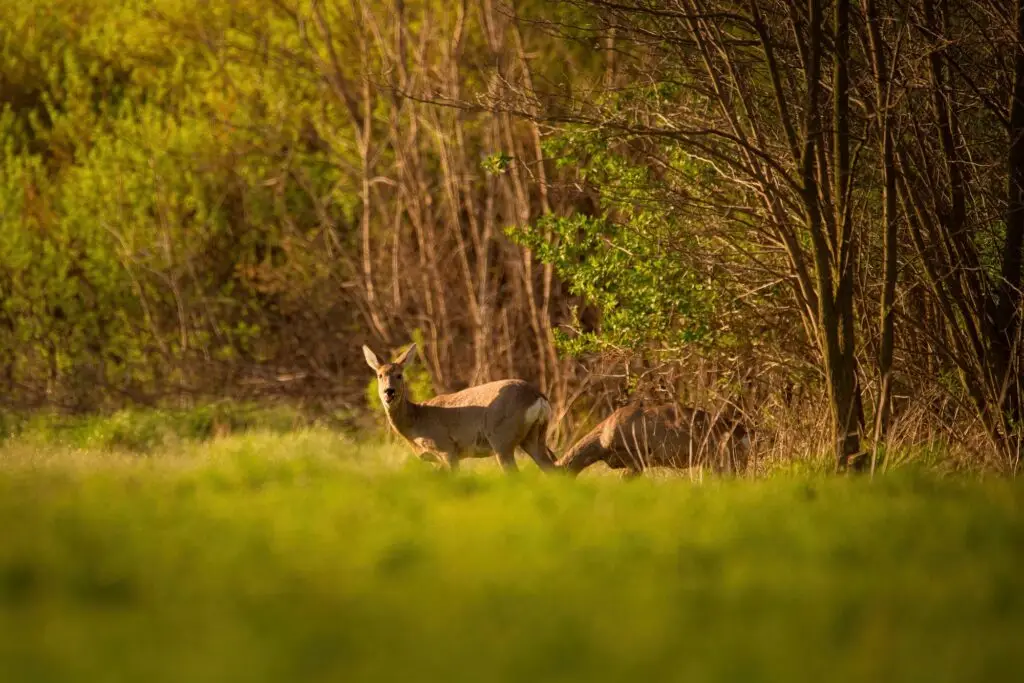
What are Limiting Factors in Hunting? Don’t Stress Too Much About it
The biggest obstacle will always be the mental one. Getting the guts to go out there and start. Once you’ve overcome that part, the rest is a breeze.
Now obviously all of the factors mentioned in this guide will vary greatly depending on your skill level, where you plan to hunt, and what game you’re going after. Regardless, I have found that going through this checklist and making sure I have each point under control has allowed me to continuously work on my skills as I get better every season.
I truly believe that by understanding and addressing these limitations, you will be able to plan and execute great successful hunting expeditions. The most daunting part about hunting can be the work you have to put in, but if you do go through with it, I guarantee that a world of incredibly rewarding experiences will open up in front of you.
Looking for other useful guides to become the best hunter you can be? Check out our extensive library here!
Happy Hunting!
